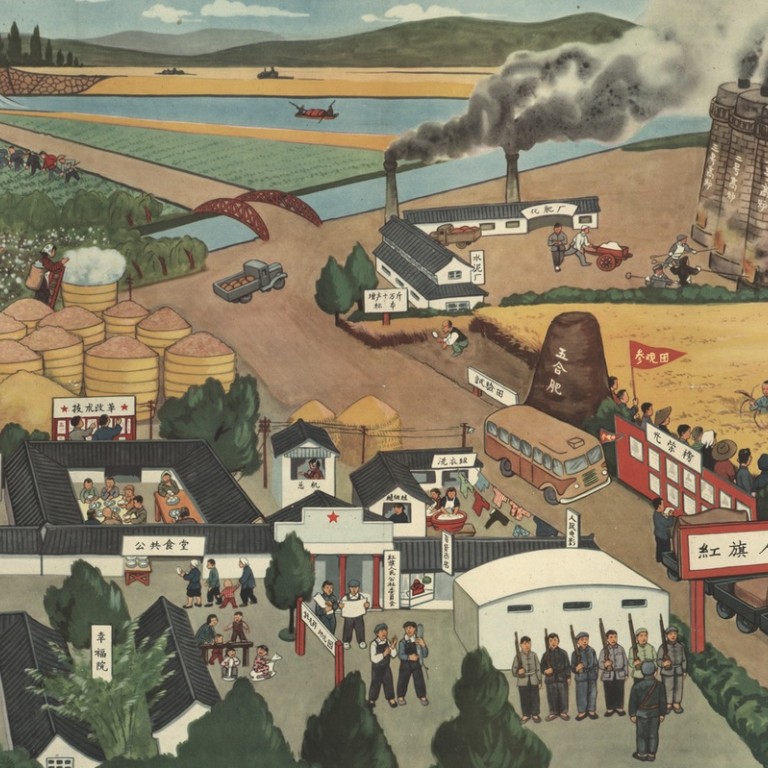
Update | Chinese media commentary on Great Leap Forward death toll draws fierce online debate
A commentary on the Great Leap Forward has come under fire after it said studies which concluded tens of millions starved to death were 'schemes of Western hostile forces'.
A commentary on the Great Leap Forward published in official media has come under fire online after it said studies which concluded tens of millions of Chinese starved to death were “schemes of Western hostile forces”.
The article touched on Mao Zedong’s massive-scale economic drive of 1958 to 1961 that attempted to rapidly transform China from an agrarian society to a Communist nation through industrialisation and collectivisation.
Several studies released in recent years – none recognised by the Chinese government – have estimated that as many as 42 million people starved to death during the famine caused by the campaign.

Bei, a retired teacher at the Anhui Administration Institute, acknowledged there was “great loss” during the period but called it “an exploratory miscarriage” as the Communist Party sought a path to socialism.
“Since it was an exploration, it could have been a success, but it could also fail,” he wrote.
On social networking site Weibo, which has become a vigorous space for public discussion, the article was overwhelmingly greeted by outrage. Comments flooded in, criticising the article as a poor attempt to justify Chairman Mao’s campaign.

A blogger with the alias Chengdu Xiao Xuehui added: “No one, or any organisation, has the right to treat a nation as an experiment, nor does it have the right to treat anyone like a lab rat.”
The article was flagged high on Xinhua’s news portal on Monday, a rare high-profile touch on a usually sensitive subject.
Official narratives have long described the Great Leap Forward as “three years of natural disasters” or “three years of difficult times” and avoided mentioning the number of deaths during the period. The subject is rarely publicised by official media.
Article author Bei also questioned the number of deaths attributed to the campaign by independent studies, saying that unnatural death did not necessarily mean death by starvation.

Yang Jisheng, author of , an influential book published outside of mainland China in 2008, has argued that unnatural deaths caused by other factors during the famine were only a fraction of those caused by starvation.
He estimated that 36 million people died from starvation, basing his conclusion on interviews and piles of local government demographic records and journals.
Frank Dikotter, a Dutch historian who wrote , a major overseas study published in 2010, estimated there were at least 45 million premature deaths in China during the period. He said that widespread violence also contributed significantly to the staggering number of unnatural deaths and that starvation was often used as a punishment by party cadres.

